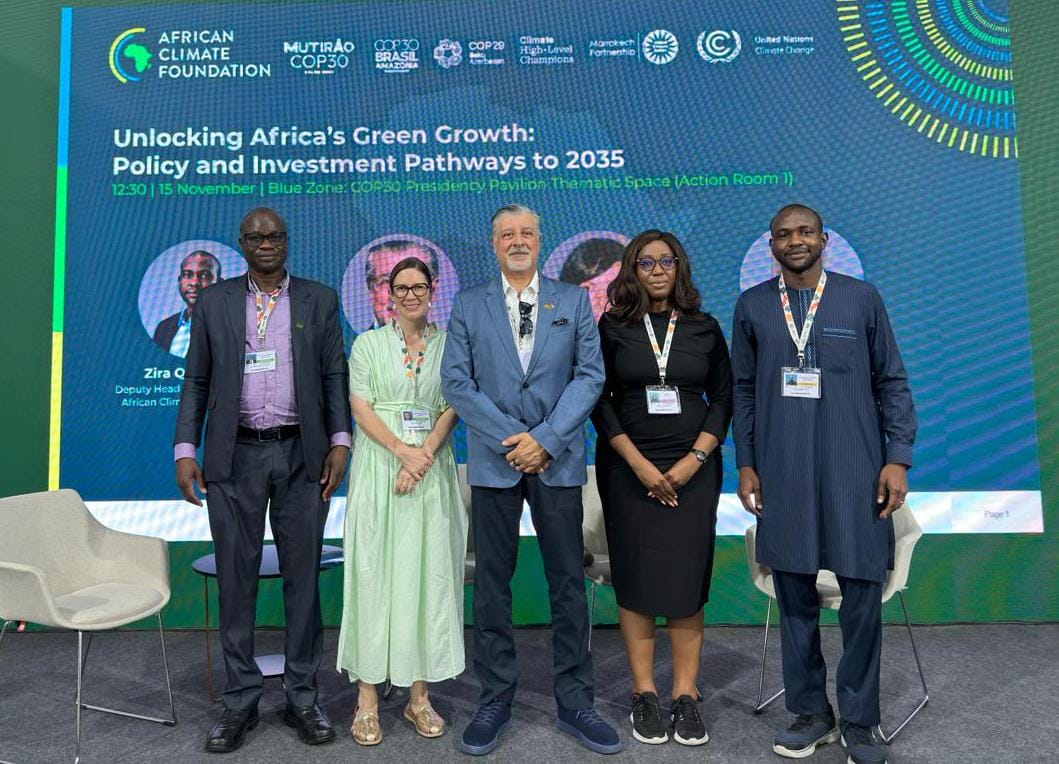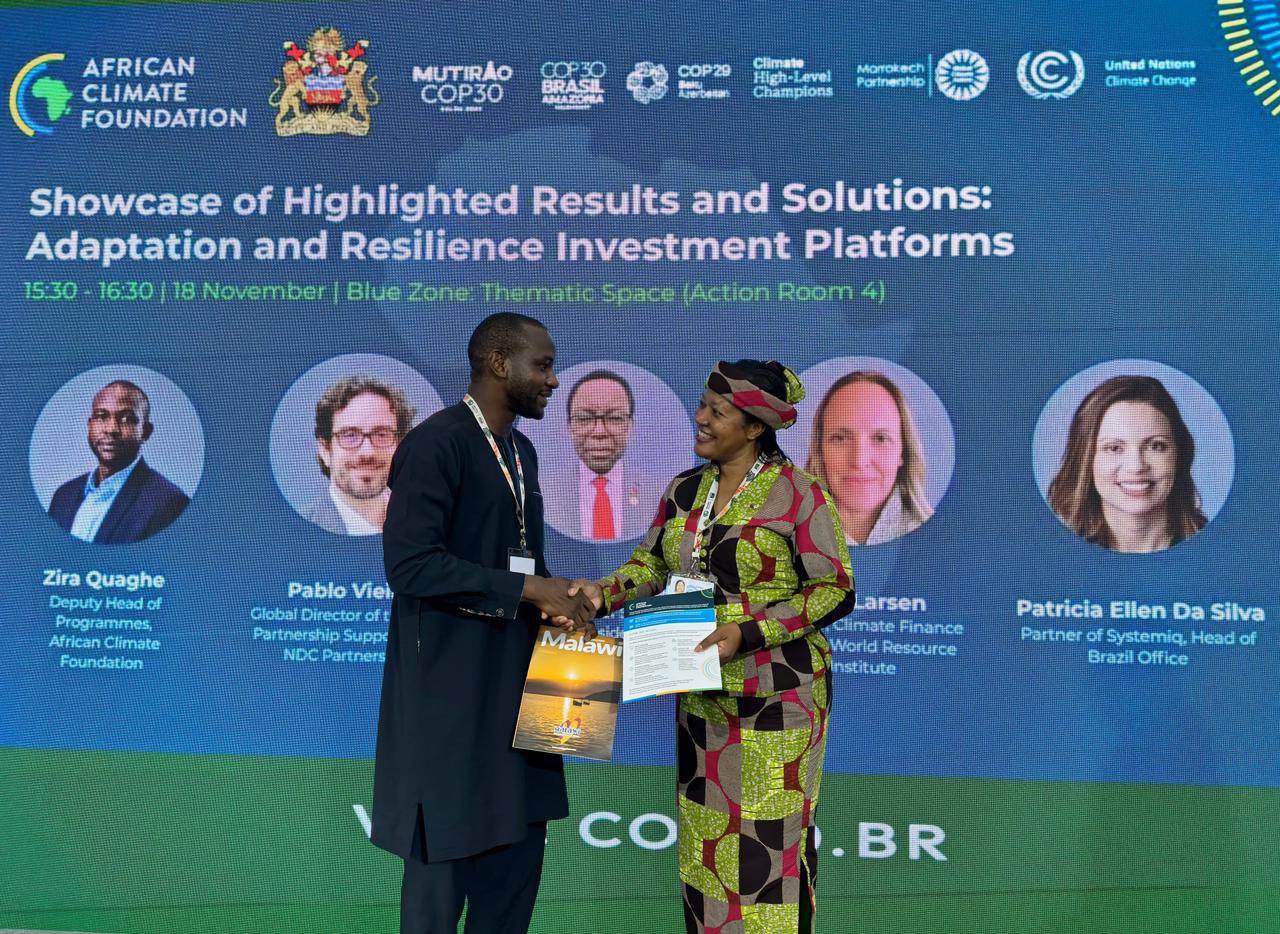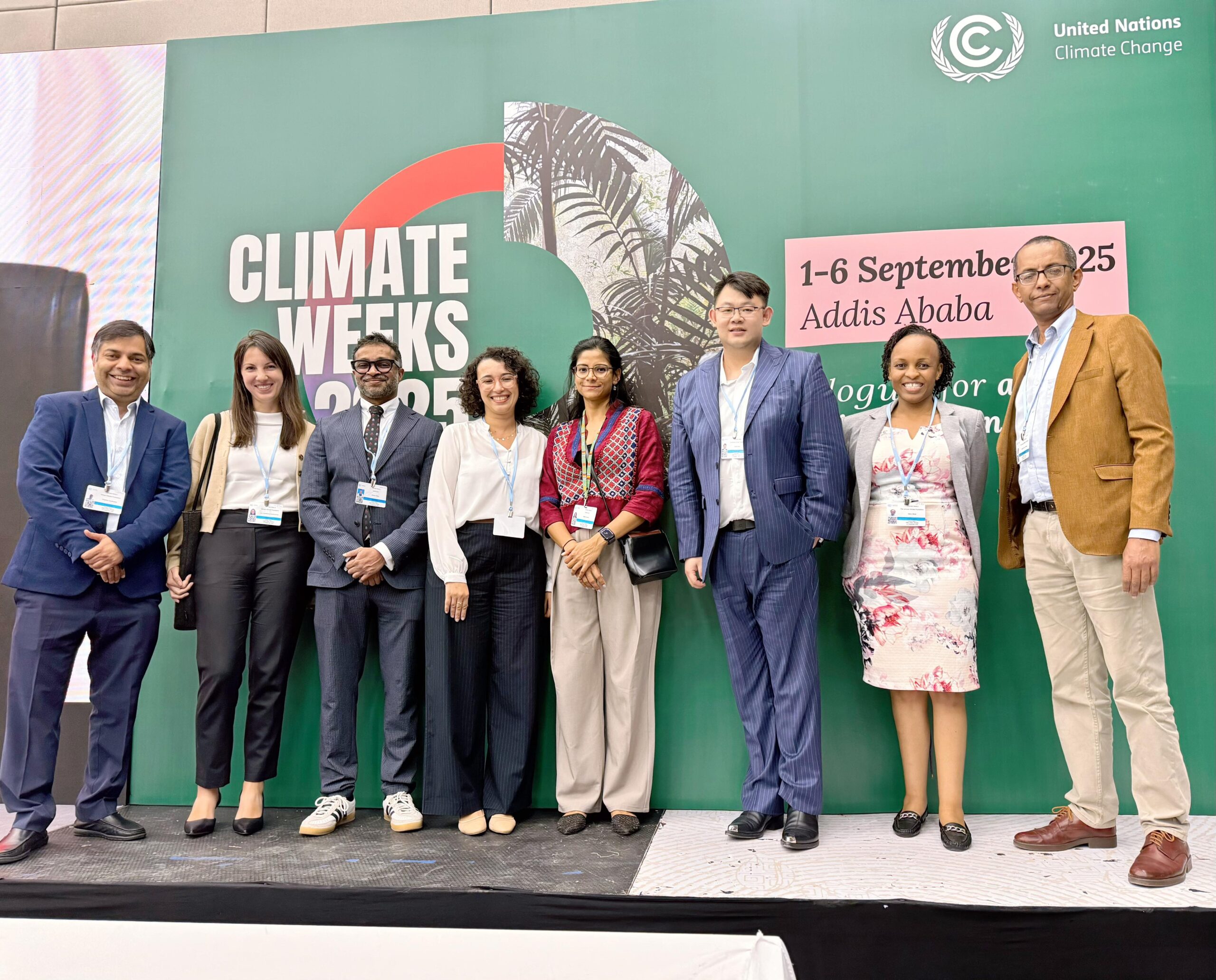In step with the Finance Thematic Day at COP30, we brought global experts together at the Regional Climate Foundation Pavilion. Led by Kevin Gao, the session convened experts from climate finance institutions to explore how the Global South can unlock finance for ambitious NDC 3.0 implementation.
Speakers highlighted that shrinking public budgets and increasing climate ambition demand better planning and radically improved access to finance. As Kavita Sinha of the Green Climate Fund noted, “In a situation of shrinking budgets, planning is really important.”
A recurring theme was the gap between available funds and the real-world ability to access them. As it was COP30 Special Envoy Andre Guimaraes that emphasised this clearly: “The Brazilian Amazon has 774 municipalities, but only 10 have fiscal space to borrow. We risk having pots of money but no operational investments.”
Participants stressed the role of partnerships, South–South cooperation, and systemic change. And Zhihua Chen of the NCSC, Ministry of Ecology and Environment and the People’s Republic of China reminded attendees, “We need a new development pathway; South-South learning is the best way to move forward.”
Joaquim Leite from NDC Partnership then called for a shift in scale, saying, “We need to move beyond individual projects to massive projects, not one, but one thousand, because no one actor can do this alone.”
To close, the panel underscored readiness and urgency. Dr Richard Muyungi, Chair of the African Group of Negotiators (AGN) and Special Envoy and Advisor to the President on Environment and Climate Change of Tanzania affirmed, “Africa is ready for transformation… but we need you for capacity.”
To support this, Climate High-Level Champions Dan Ioshpe reiterated the power of collaboration explaining that “government, academia, business, investors and development banks are all needed to accelerate the transition.”
As the COP of implementation, the Brazilian presidency’s launch of the Baku to Belém Roadmap, outlining ways to leverage resources for developing countries, stood out as a key milestone. Executive Director Maria Netto reflected on finance discussions at the end of the first week of COP30. “We need to think about the next 10 years, but we can only move forward if there is funding.”
Meeting climate goals will require an estimated USD1.3T per year, far beyond the USD 300B committed by developed countries at COP29 in Azerbaijan. Strategies to meet this target include reforming development banks, making climate funds more flexible, and deploying innovative mechanisms to attract private capital by covering risks.
But as Netto concluded, “A combination of reforms and actions will be necessary to leverage these resources. There is no silver bullet.”



